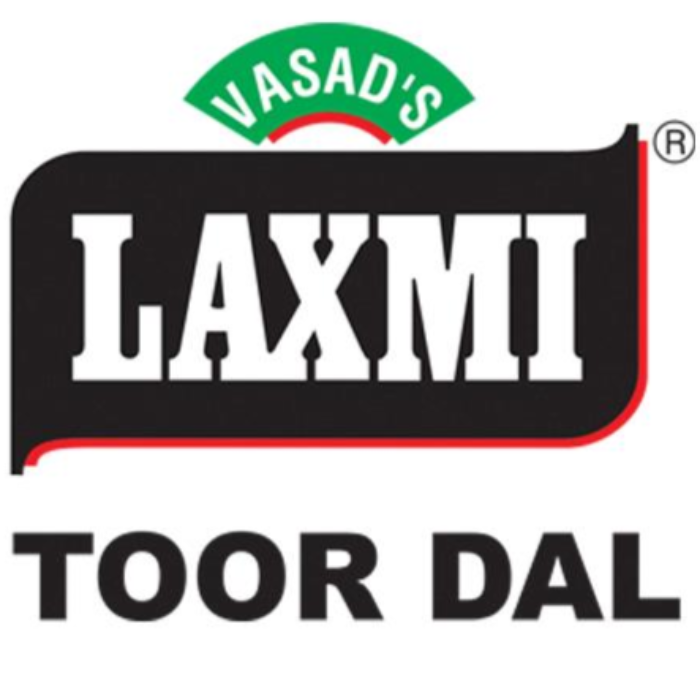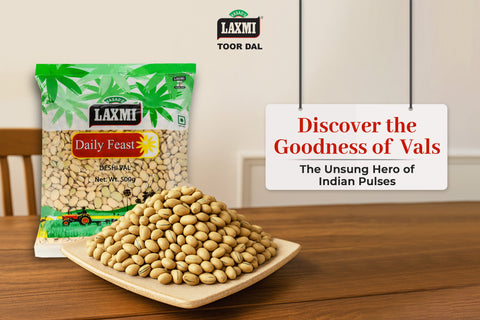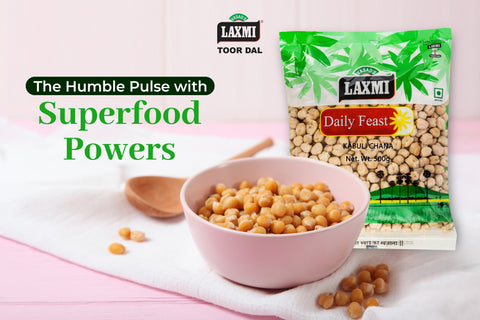Discover the Goodness of Vals – The Unsung Hero of Indian Pulses
The Pulse You Didn't Know You Needed
When we think of Indian dals, names like toor, moong, and chana often come to mind. But there’s one traditional pulse that quietly adds richness, flavor, and nutrition to countless regional recipes—Val Beans, or simply Vals. Especially loved in Gujarati, Maharashtrian, and South Indian kitchens, vals are a cherished ingredient that deserves a much brighter spotlight.
🌱 What Are Vals?
Vals, also known as field beans or hyacinth beans, are oval, flat legumes that may not look flashy, but are deeply rooted in Indian culinary culture. They are most commonly used in their sprouted or soaked form and boast a unique, earthy flavor that deepens with slow cooking.
They might go by many names—Pavta, Surti Val, Avarekalu, Anapakaya—depending on the region, but they all share one thing in common: a reputation for being nourishing and deeply satisfying.
🧪 Nutritional Power in Every Bean
Vals are rich in plant protein, dietary fiber, and essential minerals like potassium, iron, and folate. Here’s what they bring to your plate:
-
🌿 Plant-Based Protein: Supports muscle repair and energy production
-
🩺 Fiber-Rich: Aids digestion and improves gut health
-
💓 Heart-Friendly Nutrients: May help regulate cholesterol and blood pressure
-
⚖️ Low-Calorie & High-Satiety: Keeps you full longer without the extra calories
For vegetarians, vals are an excellent way to keep meals nutrient-dense without compromising on taste.
🍛 How to Cook With Vals
Vals are incredibly versatile and can be transformed into a variety of dishes across India:
-
Valachi Usal (Maharashtra): A dry or semi-gravy stir-fry with coconut, onions, garlic, and mustard seeds. Often eaten with chapati or bhakri.
-
Lilva Kachori / Undhiyu (Gujarat): Vals are the star of Gujarat’s famous Undhiyu, and also fill savory winter snacks like lilva kachoris.
-
Avarekalu Saaru (Karnataka): A warm, comforting rasam-style broth made with field beans, coconut, and tamarind.
-
Vals Pulao: A protein-packed rice dish that’s easy, flavorful, and satisfying.
-
Sprouted Vals Salad: When soaked and sprouted, vals become even more nutritious and are perfect for adding to salads or grain bowls.
❄️ A Wintertime Favorite
Vals are especially popular in cooler months. Their rich flavor and warmth make them a perfect ingredient in winter cooking. Many traditional recipes involving vals are made during harvest festivals like Sankranti and Pongal, highlighting their cultural significance.
✨ Cooking Tips for Beginners
-
Soak them overnight to reduce bitterness and soften texture
-
If using sprouted vals, rinse thoroughly before cooking
-
Add a dash of hing (asafoetida) to aid digestion
-
Slow cook for best flavor release—vals taste better the longer they simmer
🧡 A Bean Worth Rediscovering
Vals are more than just another dal—they're a comforting tradition, a nutrient-rich ingredient, and a hidden gem of Indian cuisine. Whether you’re trying them for the first time or rediscovering an old favorite, vals can transform your meals with warmth, depth, and heritage.
So the next time you plan your weekly menu, add some vals to your grocery list—and bring home a taste of timeless Indian nutrition.





Comments (0)
There are no comments for this article. Be the first one to leave a message!